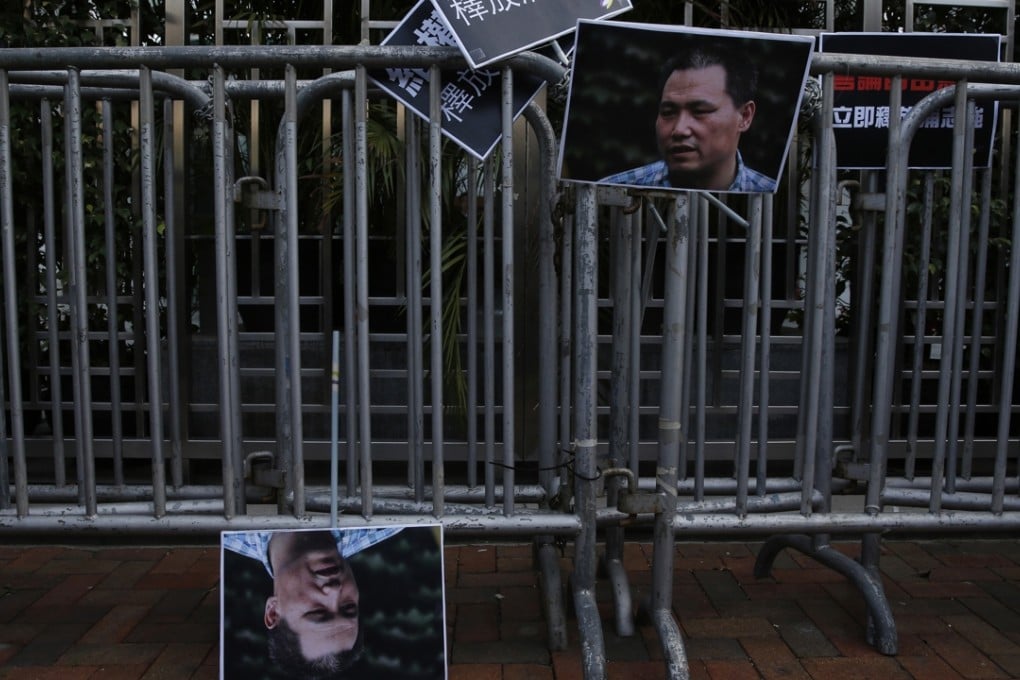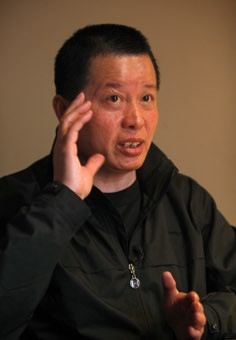China’s courts continue to silence critics of party policies
Jerome A. Cohen says by giving human rights lawyer Pu Zhiqiang a seemingly mild suspended sentence, China shows it’s mindful of its own image, but it isn’t softening its stance against dissent

The recent criminal conviction and sentencing of China’s well-known civil liberties lawyer Pu Zhiqiang (浦志强) was widely reported abroad, if not at home. Yet much remains to be said about its significance.
Pu’s case is the most recent confirmation that, in practice, political defendants in China continue to confront unfair trials
Pu’s case is the most recent confirmation that in practice, despite some improvements in general legislation and judicial policies, political defendants in China continue to confront unfair trials. His lawyers had little access to him and their meetings with him were reportedly monitored. The trial was surely not “public”. Conviction was preordained, and, in the tense negotiation that apparently occurred after trial and before sentencing, Pu, in order to win his release, had to sacrifice his right to appeal against accusations that he had long rejected.
Can Pu’s sentence really be considered “mild”? After all, he had been denied China’s equivalent of bail, despite serious health problems, and had already endured pre-trial punishment for 19 months. Chinese detention conditions often lead suspects to plead guilty simply to hasten their transfer to the usually better-regulated conditions of prison that follow final sentencing. Moreover, as a consequence of conviction, Pu will lose his licence to practise law. This severely constricts his income. It also eliminates both his courtroom contributions to human rights and, as his most famous client, the dissident artist Ai Weiwei (艾未未), has pointed out, the political “platform from which he has given voice to the voiceless”.

This was the fate that initially befell Gao Zhisheng (高智晟), who, a decade ago, was China’s most famous human rights lawyer. He received an apparently lenient sentence following his first criminal conviction in 2006 – three years in prison, suspended for five years. At the very end of the five-year period, however, Gao was forcibly returned to a vengeful full term of imprisonment. This formerly dynamic figure – once selected as one of China’s finest lawyers – eventually emerged a broken man. He is still under house arrest, forbidden to join his long-suffering family, which secretly fled to America.